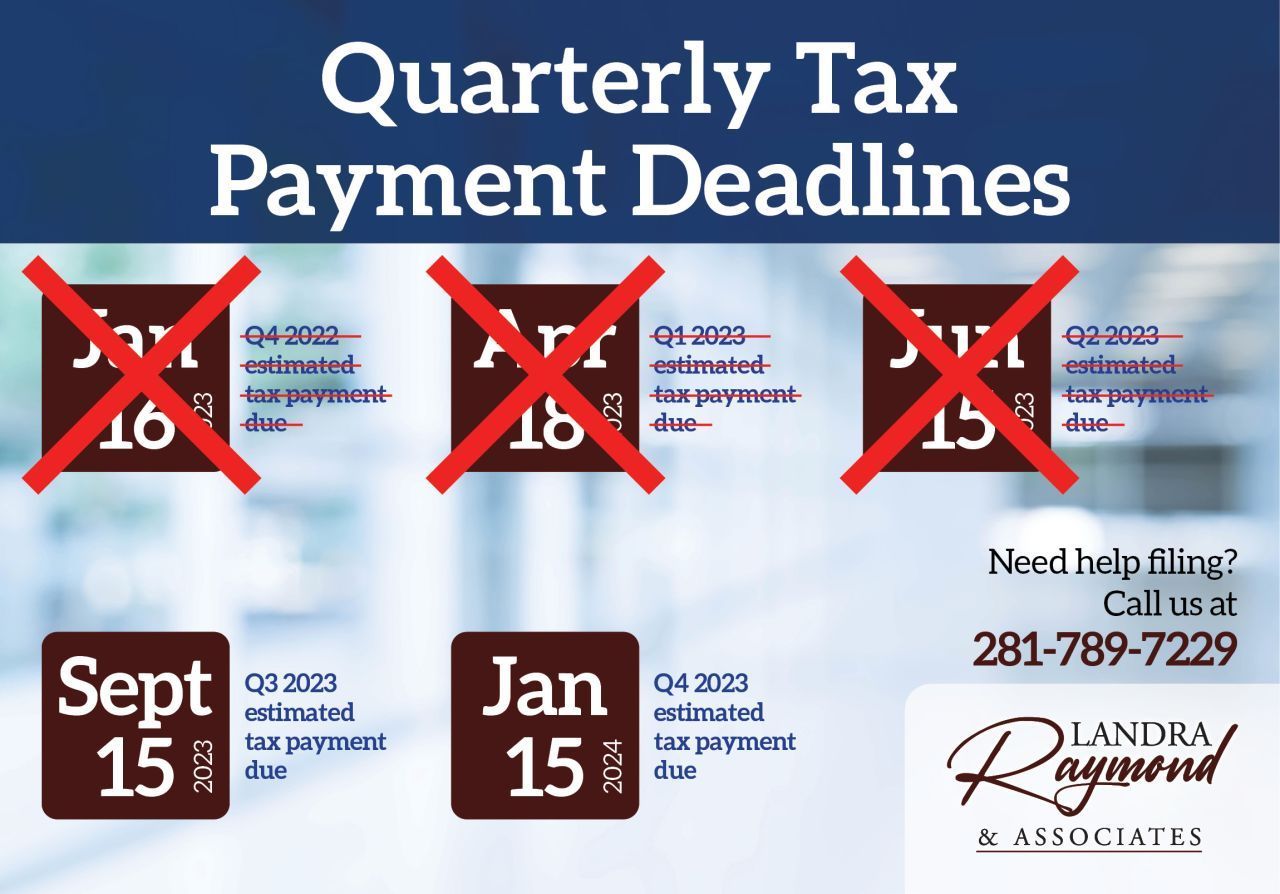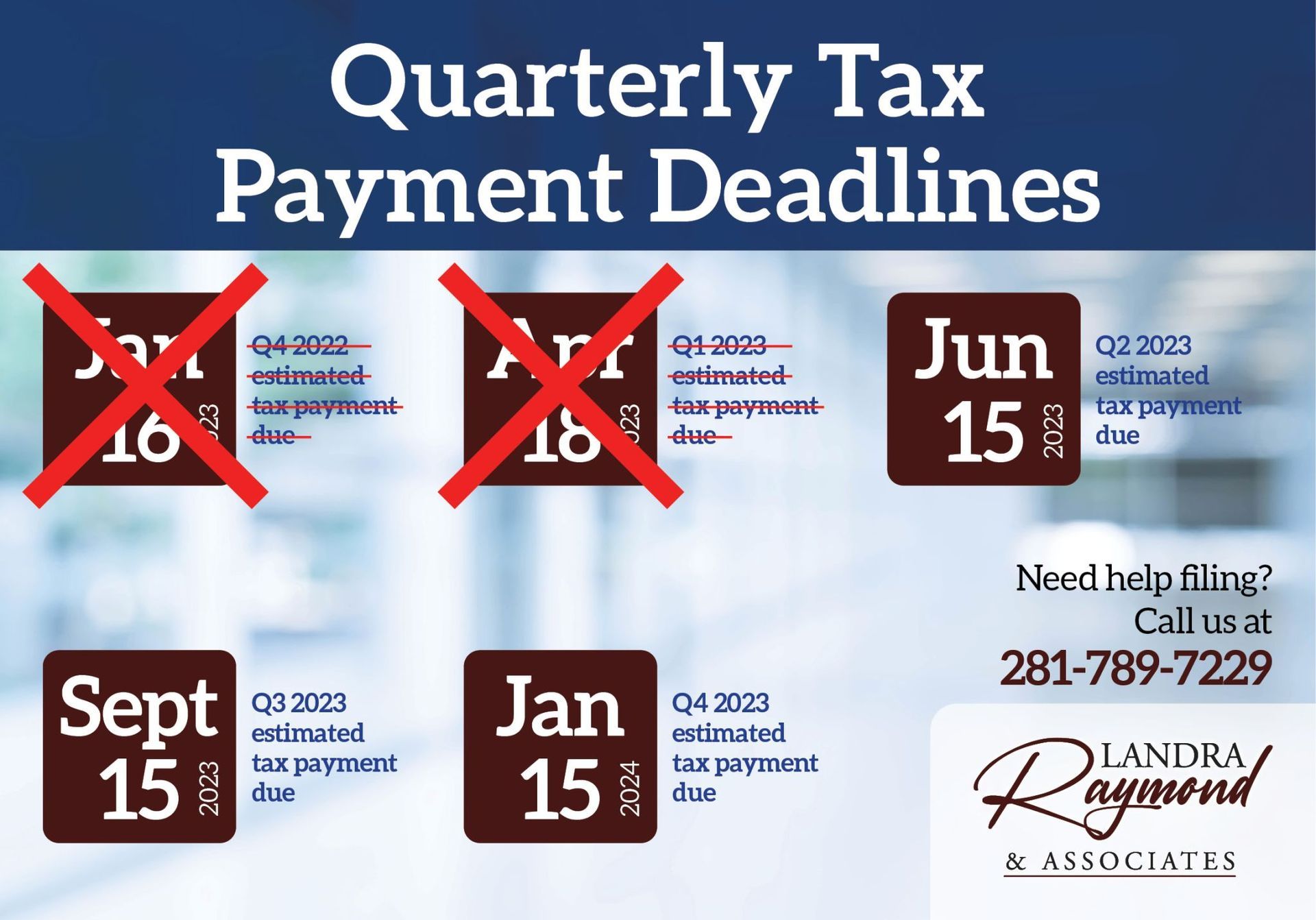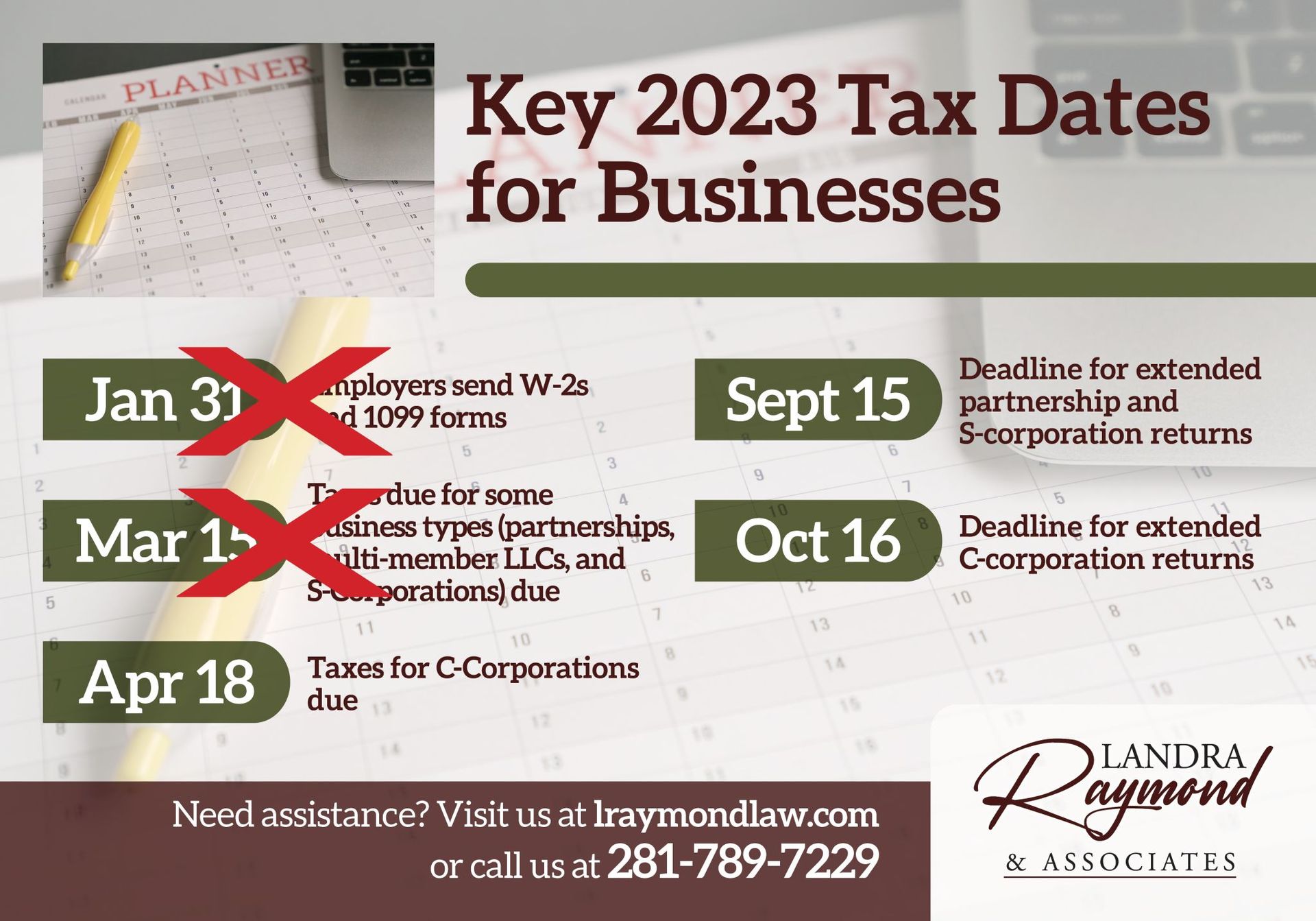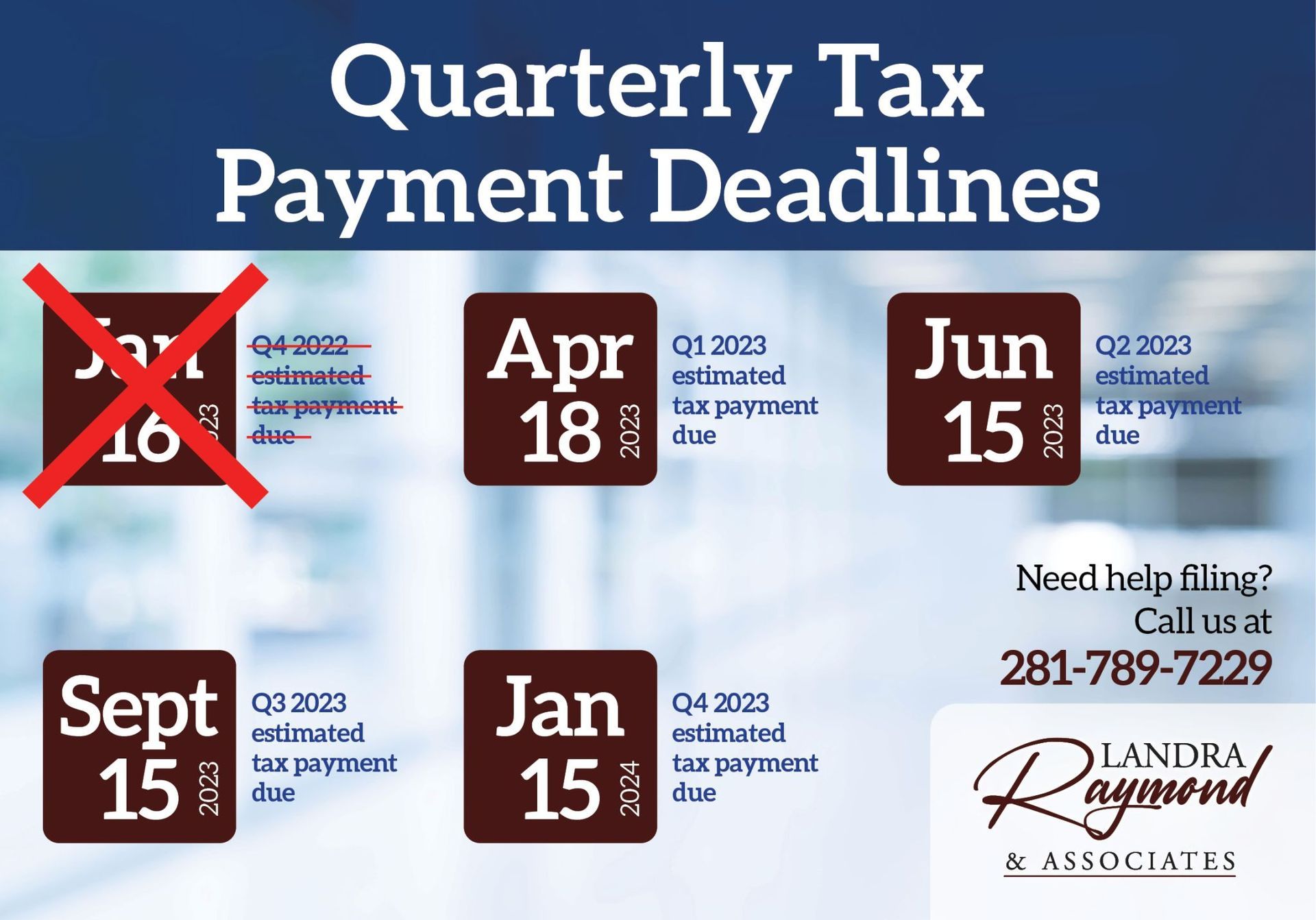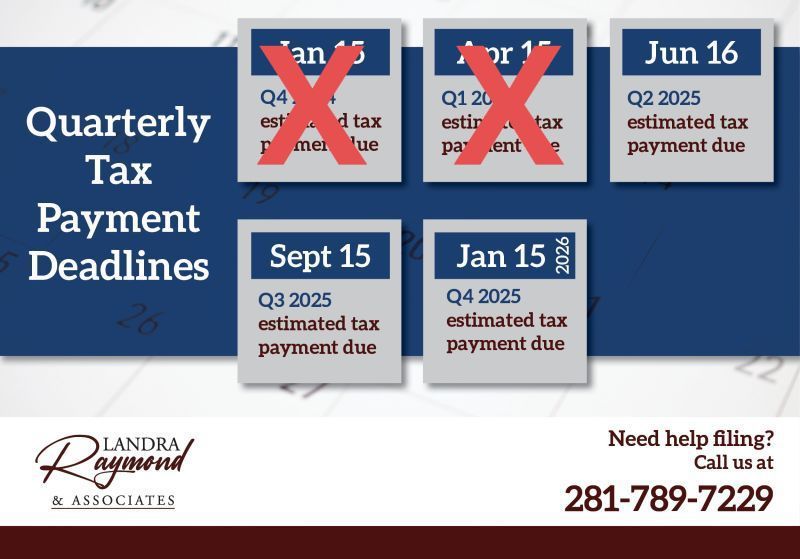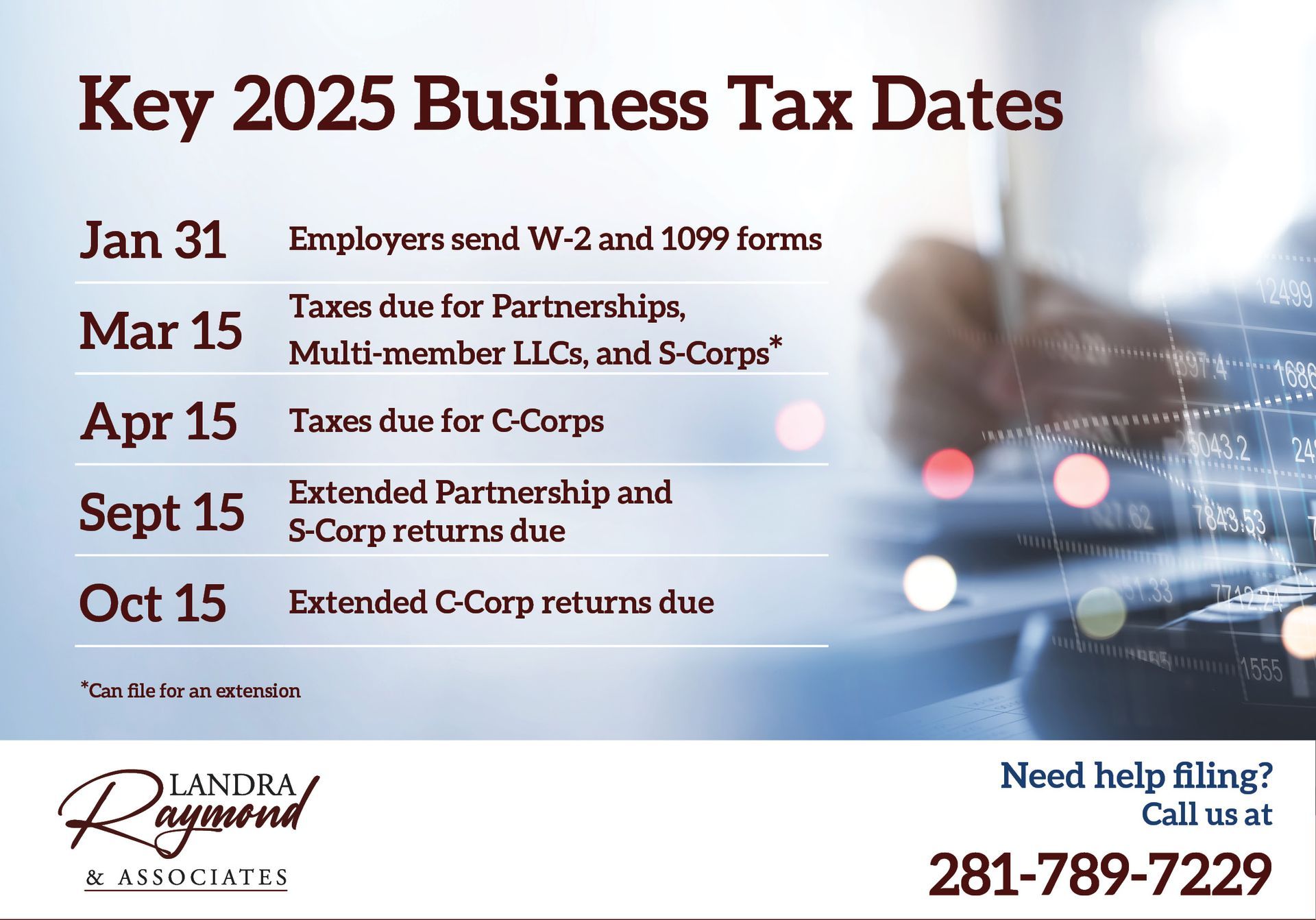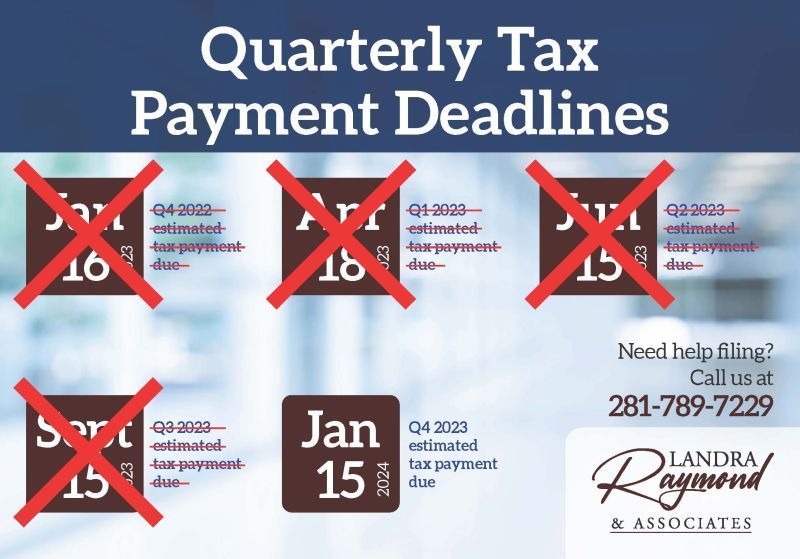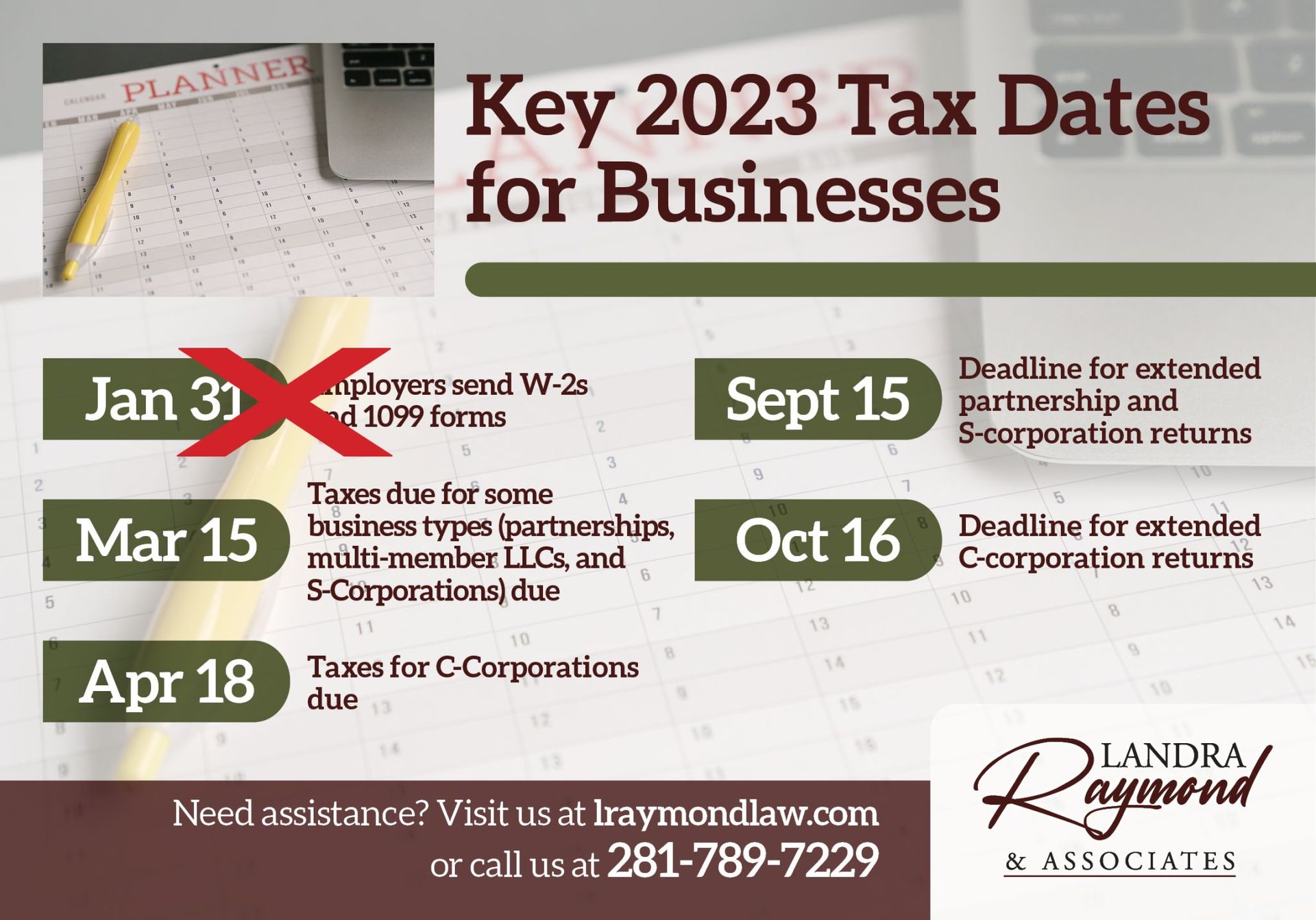Starting a New Business?

When starting a new business, choosing a name, brand colors, and logo are all creative and exciting tasks. Designing a website can be fun as you select a layout and craft the right words to give your company legitimacy. But do all these things make your new business real?
Unfortunately, no. You have to do some not-so-fun legal documentation to ensure your new venture is protected and you’re set up to manage tax implications.
The first step in forming your new business is deciding what type of legal entity (or business structure) will work best for you and will dictate the business’s legal rights, tax obligations, ownership liability, and operational implications.
Choosing the correct entity type is crucial because it influences many elements of your business. There are serious consequences that come with your choice. Different entities offer various levels of liability protection, tax liabilities, and ownership responsibilities. Choosing the wrong entity could result in you paying more taxes or exposing your personal assets to more harm than you’re comfortable with.
Check out my blog to determine the advantages and disadvantages of each of the entity types:
- Sole Proprietor
- Partnership
- Limited Liability Company (LLC)
- C Corporation
- S Corporation
- Nonprofit Corporations
- Doing Business As (DBA)
If choosing the entity type seems overwhelming and confusing, speaking with a professional can help clear the waters. Our team of associates can guide you through the process of choosing and forming your legal entity.
Request a meeting and sit down with a member of our team to start the process of forming your new business entity. With decades of experience dealing with accounting, tax, and legal projects, the Landra Raymond & Associates team can help.


